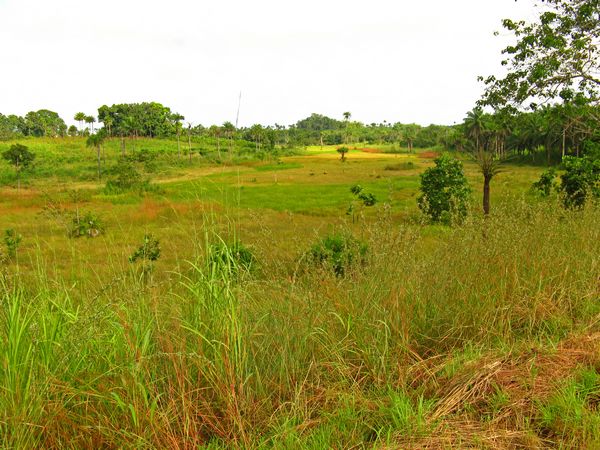Linkages between agro-energy investment, rural transformation and low carbon pathways: A sustainability assessment for the Makeni sugarcane project in Sierra Leone.


Project description
This project will conduct a sustainability assessment on the Makeni sugarcane project in Sierra Leone, from the perspective of rural transformation and low-carbon pathways.
In particular, we will analyze the shift from subsistence farming to industrial agriculture in the Makeni region around the project area. This shift is effectively facilitated and/or financed through the agro-energy investment in sugarcane, offering farmers the option to supply feedstock to the company/factory as “outgrowers” or to become wage labourers on the plantation/estate. The focus is on three components or elements: energy access and energy/GHG balances; water resources; and livelihoods. The ultimate aim is to consider the linkages, conflicts and synergies that arise when economic development and renewable resource development processes unfold in tandem.
Project background
Concerns over energy security, rural development and climate mitigation have led to increased interest in agro-energy investment in sub-Saharan Africa, with both foreign and domestic investment directed at a wide variety of projects and programmes across the continent. The most commercially proven agro-energy crop is sugar cane, which is well-known to have significant potential in many countries, with concomitant benefits for renewable energy development and the provision of new livelihoods. At the same time, increasing pressure on land and water resources have also led to concerns over agro-energy expansion, particularly where export markets are an integral element and/or where food security can be impacted. The Addax project in Makeni, Sierra Leone is expected to begin commercial operations in 2013-2014 for bioethanol production from sugarcane juice and cogeneration of electricity from sugar cane bagasse. The Addax project is the single largest investment in agriculture that has ever been made in Sierra Leone, and also has special significance in energy terms since the factory will export much-needed electricity to the grid. The project will clearly have significant effects on surrounding communities’ livelihoods and may affect their access to energy and water resources. Consequently, the project has both local and national significance. Furthermore, it has international significance not only due to its unique agricultural and energy characteristics but also because it will be the first case where biofuels are exported to the EU from Africa on a large scale. The goal of this study visit will be to get a better understanding of the complexities of life as an outgrower and help the team to develop their research indications for Sierra Leone, where outgrowing has not yet begun.
(0) Comments
There is no content